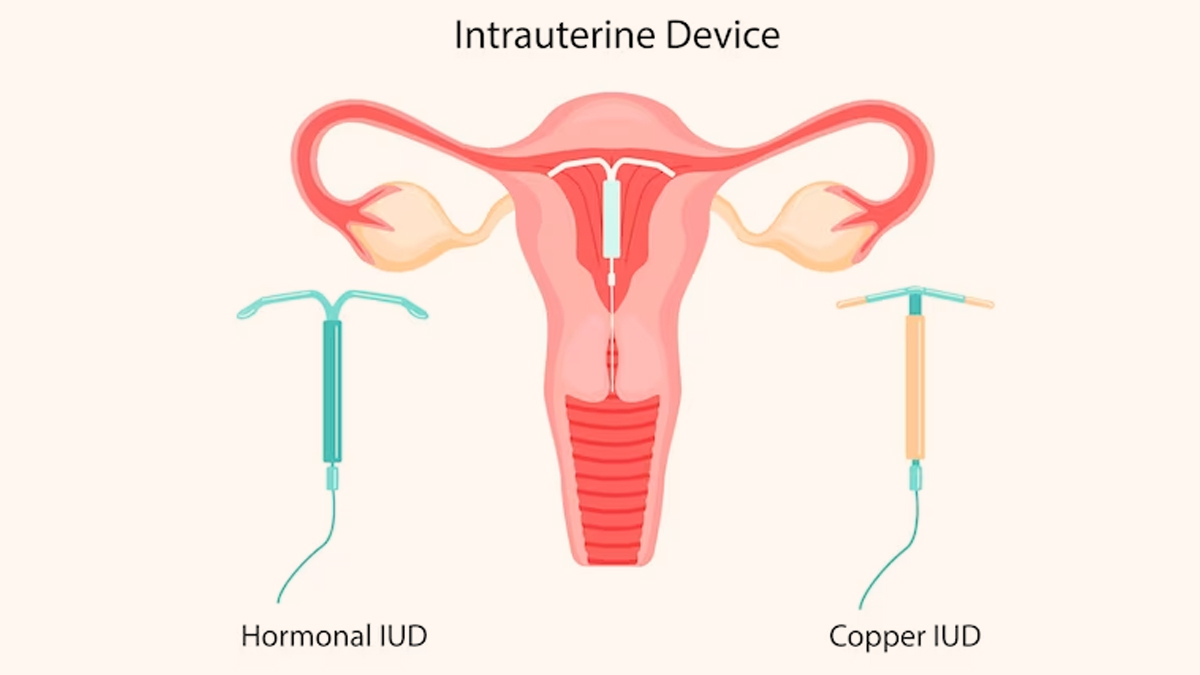
The postpartum phase is a testing period for new mothers. They undergo many physical and physiological changes and face various challenges such as recovery, baby care, and breastfeeding. Along with these added responsibilities, women also come across the need for contraception to ensure proper family planning. A woman needs enough time to recover physically and emotionally after childbirth and meet the nutritional needs to plan another pregnancy. Therefore, choosing a safe and suitable contraceptive can be difficult. They must make sure it doesn’t interfere with the quality of breast milk and health of mother and child. We spoke to Dr Manpreet SodhiI, Consultant- Obstetrics & Gynaecology at Paras Health, Gurugram to find safe contraceptives for breastfeeding mothers.
Table of Content:-
#1 Condoms
Condoms are the most widely used contraceptive. They are available for both males and females. These work as a physical barrier during the sexual intercourse preventing the sperm from reaching the egg. This contraceptive does not induce any hormonal change in the mother’s body. Therefore, it has no adverse effect on breast milk. They are easy and safe to use and provide protection against STDs.

#2 Diaphragms
Diaphragms are dome-shaped contraceptives for females. These are also used as physical barriers during sexual intercourse. It prevents the sperm from entering the uterus.
#3 Copper Intrauterine Devices (IUDs)
Copper IUDs are T-shaped devices inserted into the uterus by a healthcare professional. This contraceptive provides long-term protection for about 10 years. Copper IUDs release copper ions into the uterus which create a toxic environment for the sperm preventing fertilisation. Copper IUDs do not interfere with breastfeeding or hormonal balance.
Also Read: Are There Any Downsides of Intrauterine Device or IUCD? Know From Gynaecologist
#4 Hormonal IUDs
The hormonal IUD is inserted into the uterus and can be used for up to 3-8 years. It releases the progestin hormone which suppresses fertilisation and does not affect breast milk.

#5 Birth Control Implant
Birth Control Implants are soft plastic rods that are inserted under the skin of the upper arm. These rods release the progestin hormone. It prevents pregnancy by stopping ovulation. It is a long-term contraceptive that does not harm breast milk quality or health of the mother.
#6 Progestin-only contraceptives
Progestin is a hormone in the female body. This contraceptive can be taken in the form of a pill or can be injected directly. This works by inhibiting the sperm from reaching the egg. Since this method does not involve estrogen, another female hormone, it is safe for breastfeeding mothers and does not affect the quality of milk or health of mother and baby.
Also Read: Do Oral Contraceptive Pills Harm Liver Health? Doctor Answers
#7 Lactational Amenorrhea Method (LAM)
LAM is a temporary natural contraceptive method to prevent pregnancy. It required exclusive and frequent breastfeeding to suppress ovulation. This method can be used for 6 months after childbirth. This method does not affect breastfeeding. However, it is not completely reliable.
Watch this video to know some common myths around contraception:
#8 Natural Family Planning (NFP)
NFP is an awareness-based method of preventing pregnancy. It involves tracking the ovulation cycle of a woman to avoid the days when a woman is ovulating or is most fertile. This method required regular tracking and understanding of menstrual cycle patterns. However, this method can be risky if the interpretation is not correct. Since it does not require any form of external support, it is safe for breastfeeding women.
Each contraceptive method has its own benefits and consideration during breastfeeding and postpartum period. The choice of contraceptive depends on the preferences, breastfeeding habits, medical history, and health of an individual. It is crucial to prioritise the health of mother and child before family planning.
Also watch this video
How we keep this article up to date:
We work with experts and keep a close eye on the latest in health and wellness. Whenever there is a new research or helpful information, we update our articles with accurate and useful advice.
Current Version